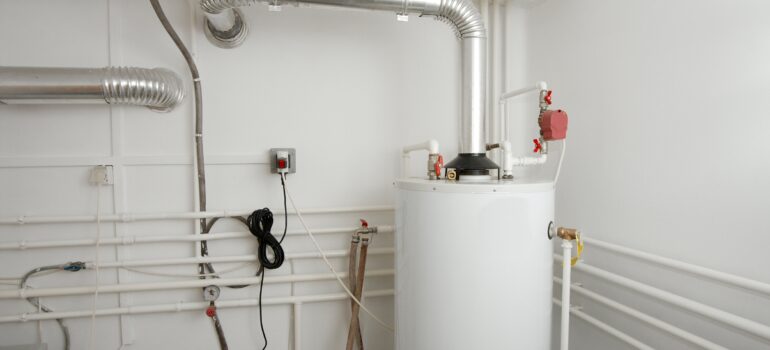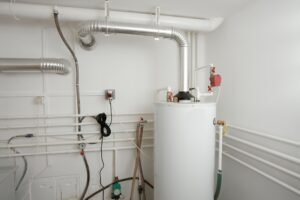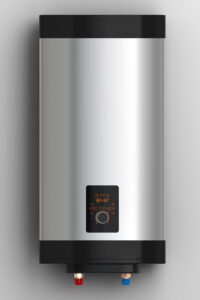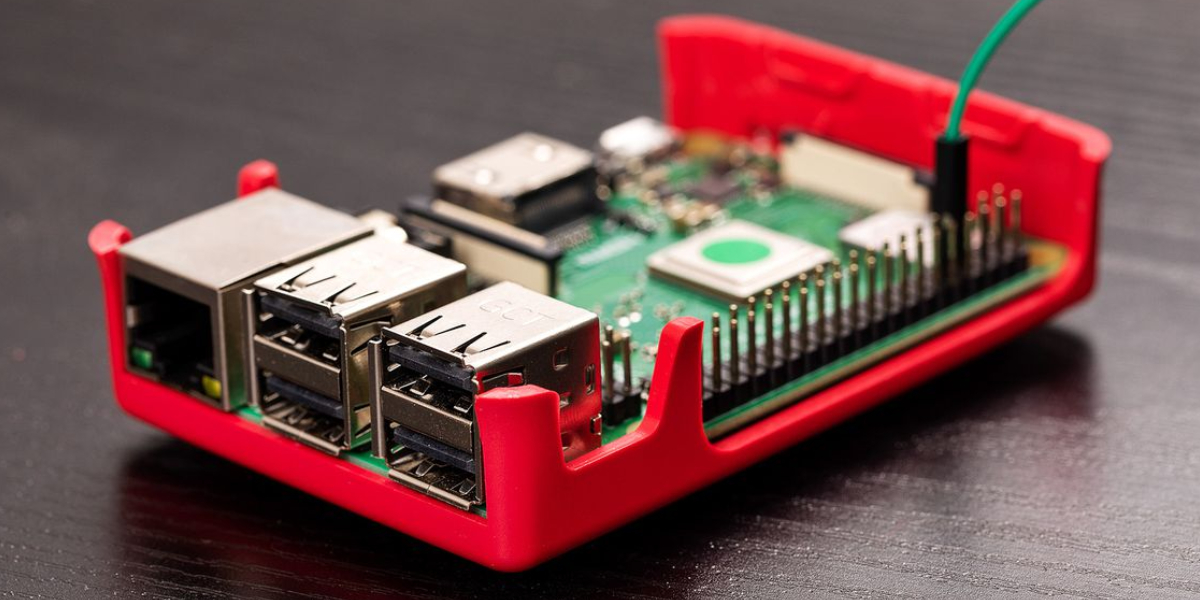
Water Heaters – Different Sizes – Different Uses
Water Heaters – Different Sizes – Different Uses
Water heaters come in different shapes and sizes, from point-of-use water heaters that heat up only one faucet or one shower to industrial-sized water heaters that are capable of heating up several gallons of water instantaneously, something which is of a necessity for commercial applications such as on hotels, hospitals, and restaurants.
If you are looking for the ideal commercial water heater for your business or facility, your unit will greatly depend on the peak temperature you want to have and your output requirement. However, since many large commercial water heaters can be arranged and combined in a modular fashion, there is the question of whether or not you have the space to accommodate a number of units. While it is true that every unit of commercial water heaters can retail for several thousand dollars, it is also true that using such units can potentially slash the amount you pay on utility bills, especially if your business or facility is the type that uses huge quantities of heated water.
When it comes to commercial water heaters, you as a customer need to be aware that installing them is not an easy feat. It may not be much of a problem for you to purchase them despite their hefty price. However, it will become a problem when it comes time to install them. This is why it is very important to choose a professional installation company wisely. One that knows what they are doing as these systems are often very complex and that their installation is equally as complex. Choosing qualified professionals will help to ensure that your water heating system will run smoothly and hassle-free.
Commercial water heaters on almost any given commercial facility account for about 11% of their energy usage on average, while a hospital facility may even use up to 40% just for heating water. If you are able to evaluate the heating requirements of your business or facility and be able to consider your amount of need, its temperature, and flow rate, you will be able to effectively choose a unit, or series of units, that can account to the improvement of energy efficiency, thereby allowing you to save substantially on utility bills.
There are different technological options when it comes to choosing commercial water heaters. They are available in instantaneous, storage, indirect, heat pump, and tankless coil models. Energy use comprises of either gas or electricity.
There are some commercial facilities that require complex distribution schemes to deliver heated water throughout their facility through the use of pumps and timers. Circulating pumps are able to move heated water to facilities, such as hospitals and hotels so that every user will have access to heated water. Facilities with huge and constant heating needs may need to use instantaneous water heaters to be able to supply hot water each time, while facilities with peak demands only at specific times may opt for storage water heaters to limit their energy consumption.
Indirect water heaters are also hot water storage tanks that are not lit. Since it is an external source that heats these devices, their efficiency can be determined by how well their storage tank is insulated. Having a very low heat loss will be the most efficient.
Heat-pump water heaters are the perfect options for electrical applications and are rated using the coefficient performance. Heat pumps have a coefficient performance of around 1.5 to 3.5 with the higher value being better in energy performance.
Oil or Gas-fired commercial water heaters are rated via thermal efficiency and stated as a percentage. Having a higher thermal efficiency means they are more energy-efficient. Oil or gas-fired units will typically have a thermal efficiency of around 80%, but this can reach up to 95% depending on the unit.
Electric water heaters are very thermally efficient and hardly vary from 98%. Despite being the most efficient with it comes to thermal efficiency, gas or oil-fired water heating units still cost less to operate as fuel prices are still much lower when compared to the price of electricity.
Even with the different types of commercial water heating systems, the greatest energy efficiency still lies on the entire design of the water heating facility and not just with the water heating unit itself. A bigger facility may require pumps, valves, and other controls to pump hot water throughout their building facility. Facilities that require constant hot water will benefit from having instantaneous water heaters, while facilities with large peak loads will benefit from having a large storage system. If a facility has a vast amount of wasted heat coming from large refrigeration units and condensers, they may actually benefit from this wasted heat source using an indirect system.
If you want to use oil or a gas-fired water heating system, then a more efficient option would be to use a gas-condensing water heater. This water heating technology is 95% or more efficient as the fuel nearly transfers all of its heat into the water. The use of this type of technology will yield energy savings of up to 20%. However, if oil or gas is unavailable, you may opt for heat-pump water heaters. Heat pumps only use half the energy required by electric water heaters and are actually beneficial in some applications.
When purchasing commercial water heaters, aside from considering their efficiency, installation, and overall cost, you also need to consider how well your unit will hold in time. If you cannot consider this properly, then there is a possibility that your unit will wear out sooner, further costing you money in replacing it.
Commercial water heating systems are very complex and understanding their process, system, and functionality is best left to the professionals who will also be left with the task of designing their application. If you are considering a commercial water heater, the best thing to do is to ask a professional for advice and suggestions, not just with the water heater, but with the entire application of the water heating system in your facility.
This blog was posted by San Antonio’s Plumber




